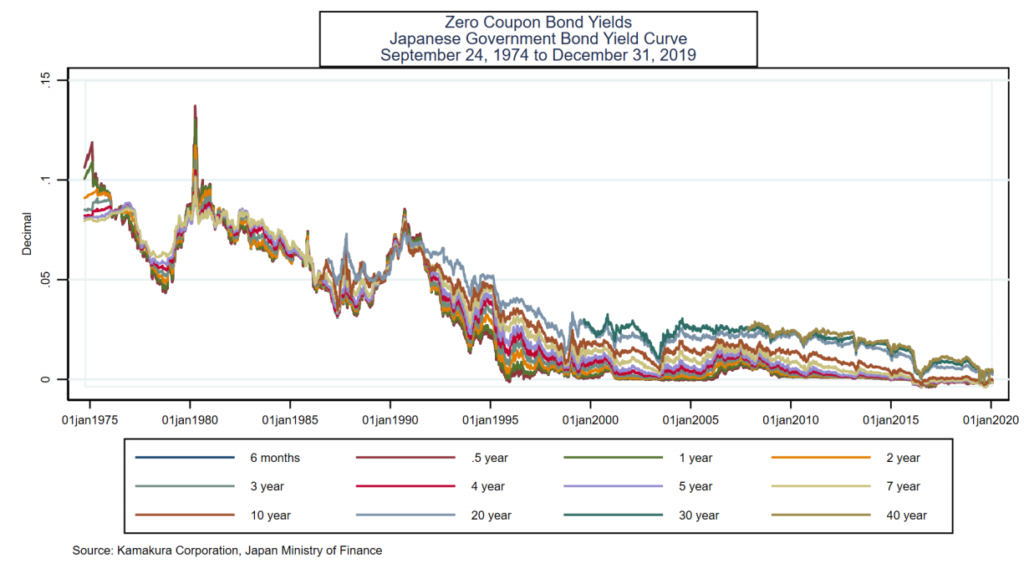Link: https://www.theinsight.org/p/the-few-sentences-that-explain-much
Excerpt:
Why did it take so long to accept that SARS-CoV-2 was being transmitted through aerosols, respiratory particles that are small enough to remain suspended in the air, rather than through short-range respiratory droplets that could not travel more than a few feet because of their (bigger) size?
The reasons for this delay go back more than a century, to the fight against (incorrect but prevalent) theories that blame miasma—noxious odors, especially from rotting organic material—for diseases. While trying to counter erroneous but millenia-long folk-beliefs, some of the founders of public health and the field of infectious control of diseases around the world made key errors and conflations around the turn of the 20th century. These errors essentially froze into tradition and dogma that went unchanged and uncorrected for more than a century, until a pandemic forced our hand.
Author(s): Zeynep Tufekci
Publication Date: 7 May 2021
Publication Site: Insight at substack



